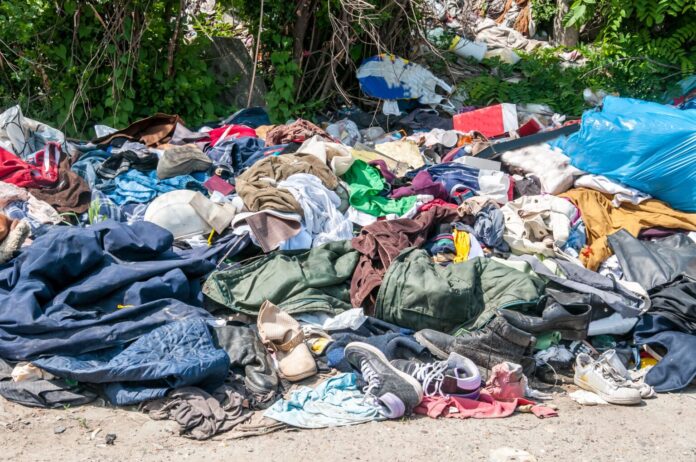Pakistan has joined an international initiative alongside eight other countries to reduce the environmental impact of the fashion and construction industries. The six-year, $45 million programme aims to promote sustainable practices in supply chains, addressing pollution, greenhouse gas emissions, and hazardous chemicals.
The fashion and construction industries are among the top three contributors to global pollution, greenhouse gas emissions, and biodiversity loss. The building and construction sector is the largest consumer of chemicals, while textile production alone uses 0.58 kg of various chemicals for every 1 kg of fabric produced.
The initiative, funded by the Global Environment Facility (GEF), is part of the “Integrated Programme on Eliminating Hazardous Chemicals from Supply Chains.” It seeks to drive transformational changes in the target sectors by focusing on regenerative design, resource-efficient production, responsible purchasing, and post-use collection practices.
The programme has also secured an additional $295 million from other sources to maximize its impact, according to the UN Environment Programme (UNEP).
This ambitious programme will operate through nine projects in countries including Costa Rica, Ecuador, Peru, Trinidad and Tobago, Cambodia, India, Mongolia, Pakistan, and a global coordination project. Approved by the GEF Council in June 2023, the country-specific projects will launch between 2025 and 2031.
While past efforts in fashion and construction have primarily focused on climate change and biodiversity, this initiative takes a holistic approach by addressing pollution as part of the “triple planetary crisis.” UNEP, alongside FAO, UNDP, and UNIDO, will lead the programme, emphasizing policy reforms, innovation, stakeholder engagement, and improved access to finance across supply chain stages.
The programme will integrate indigenous knowledge and support local economies by identifying sustainable materials and practices. It aims to empower women, youth, and local communities, while strengthening South-South cooperation and regional collaboration to reduce burden-shifting between countries.
By 2031, the initiative aims to prevent the release of six million tonnes of greenhouse gas emissions and 18,750 tonnes of hazardous chemicals. It will also minimize the release of persistent organic pollutants, safeguarding air quality. Additionally, 825,000 hectares of land and ecosystems will be restored, protecting natural habitats and revitalizing biodiversity.
Globally, the programme is expected to benefit two million people, transforming fashion and construction industries from environmental harm sources into drivers of sustainable development. These efforts will contribute to reshaping global supply chains and promoting long-term environmental and social resilience.




